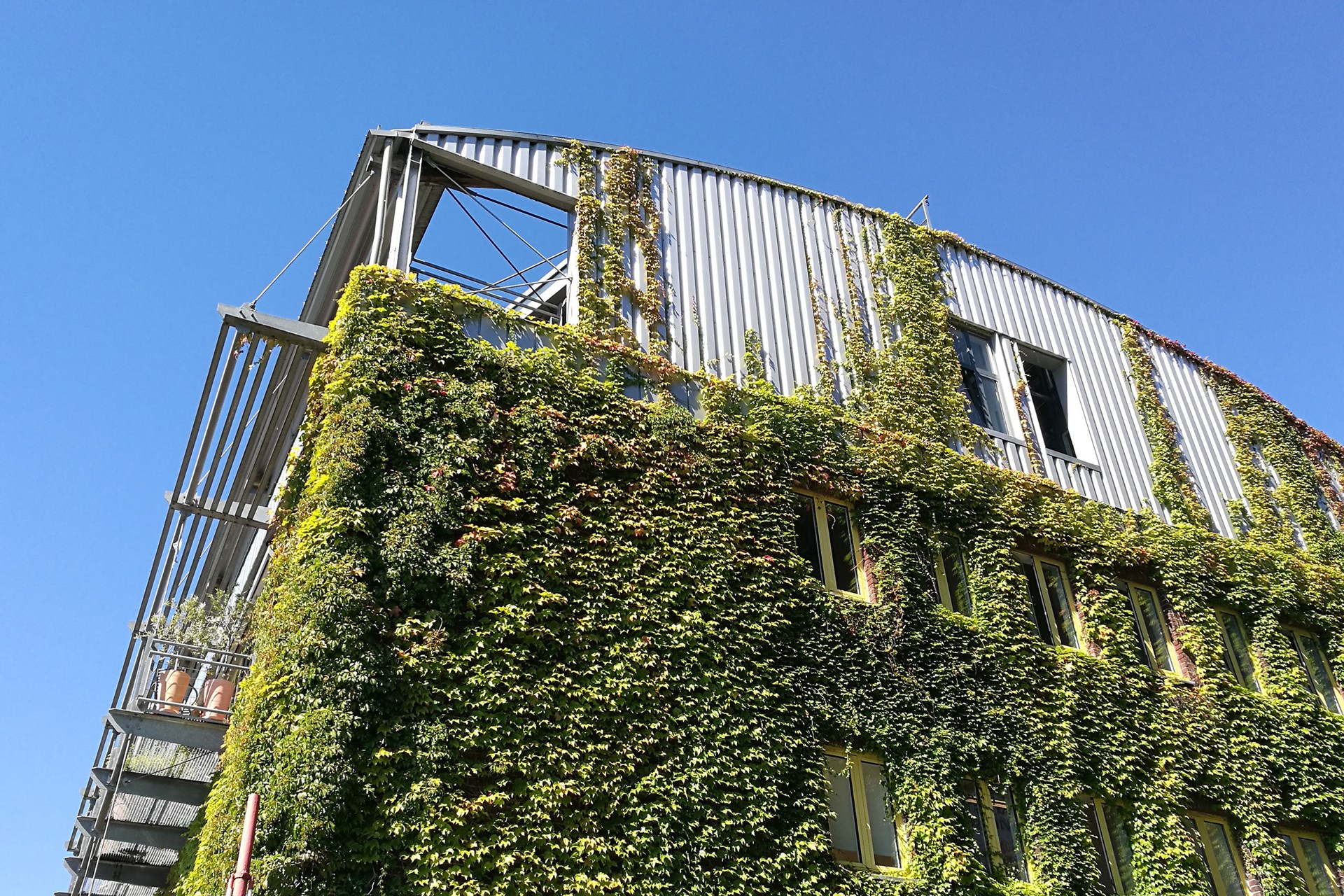The property market is dictated by sustainability

21 July 2021
Giving your properties regular check-ups can save you a lot of money. Deficiencies will be recognised in good time and you can avoid making flawed decisions when a lot of capital is at stake. Our knowledgeable managers and property experts draw on short, medium and long-term strategies to guarantee you maximum profitability.
Important standards were established when the Swiss Minergie labels were launched in 1998, guaranteeing energy efficiency in new buildings ever since and leading the way for the real estate sector and the net zero goals being aimed for in Switzerland. However, according to estimates by our real estate experts, only just under a third of Swiss building stock is on the right path. The volume of the remaining building stock is so large that it will require enormous effort on the part of all stakeholders to achieve the Energy Strategy 2050.
The real estate market regulates itself
Although Swiss voters rejected the revised CO2 Act last year, consciousness of the need for more sustainability is still present across society and its urgency is widely recognised. Rising demand for solar panels and efficient heating systems such as heat pumps or solar heating bears witness to this. “The market has gathered its own momentum, further accelerated by the current situation in Ukraine,” according to Paolo Lendi, who, among other things, manages the sustainability aspect of various property trustee mandates for construction and renovation projects.
Committed to the environment
Many investors have already been pursuing a sustainable investment strategy for a long time, partly to meet both their own and their future tenants' environmental demands and to avoid unoccupied properties and partly to reduce operating costs, save resources and ensure long-term profitability. International regulators are also influencing the domestic real estate market. Banks and others are also duty-bound to push for increasing sustainability, which has an inevitable impact on the financing of real estate. In other words, Swiss investors and property owners are forced to keep pace with global developments.
What defines a sustainable property?
“What we currently understand sustainability to mean is now more complex than any existing Minergie label,” says Paolo Lendi. The experienced property representative bases his planning and realisation of construction or renovation projects on the “Swiss Sustainable Construction Standard” (Standard Nachhaltiges Bauen Schweiz SNBS Hochbau). This regulatory framework also takes social and economic requirements into account, in addition to environmental criteria, while considering the entire life cycle of a property. In other words, quality of life in terms of health, security and comfort are equally important sustainability parameters as flexibility of use, diversity of users, resource consumption or the dismantling of a property.
Weighing up factors correctly
Nowadays, the Swiss Sustainable Construction Standards are also being applied to renovation projects. “Although certain parameters are predefined for existing properties and can therefore only be influenced to a limited extent, there are nevertheless numerous measures that can be taken to upgrade a property with a view to greater sustainability,” explains Pablo Lendi. However, investments should be clarified in advance with experts. Their expertise helps to recognise the respective potential and risks of a property and weigh them up correctly. The more detailed the survey, the easier it is to make a decision. This is the first step towards a net zero society.
We would be happy to support you and look forward to hearing from you.
Would you like to have the value of your property analysed? Please contact Jessika Baccetti